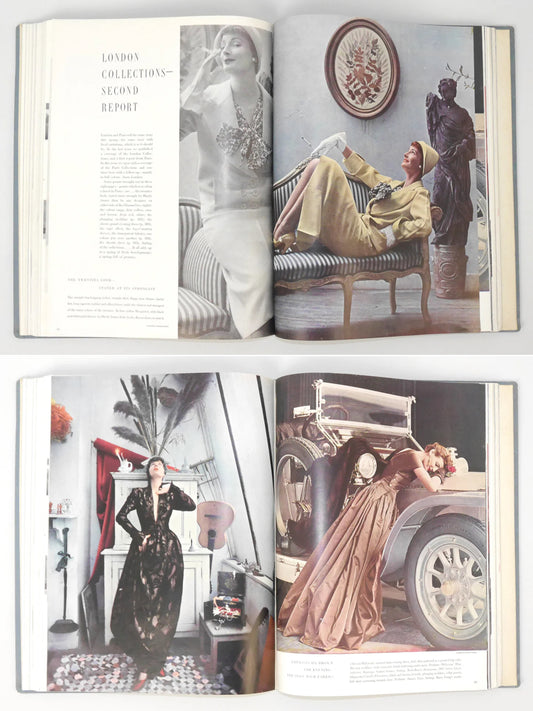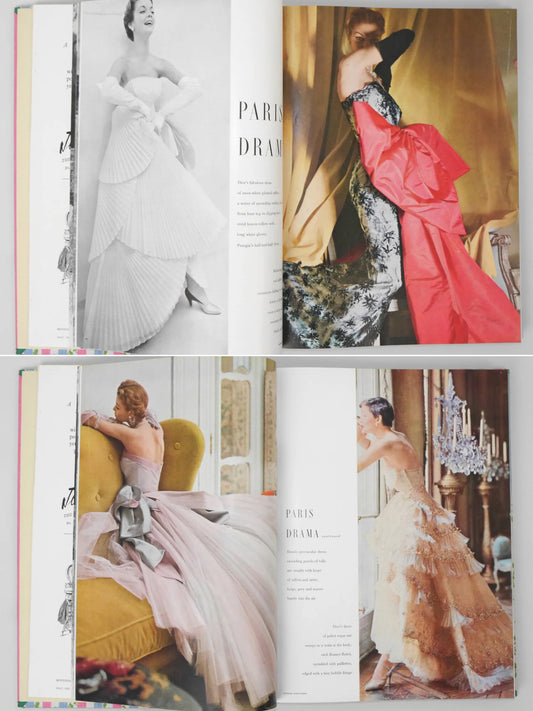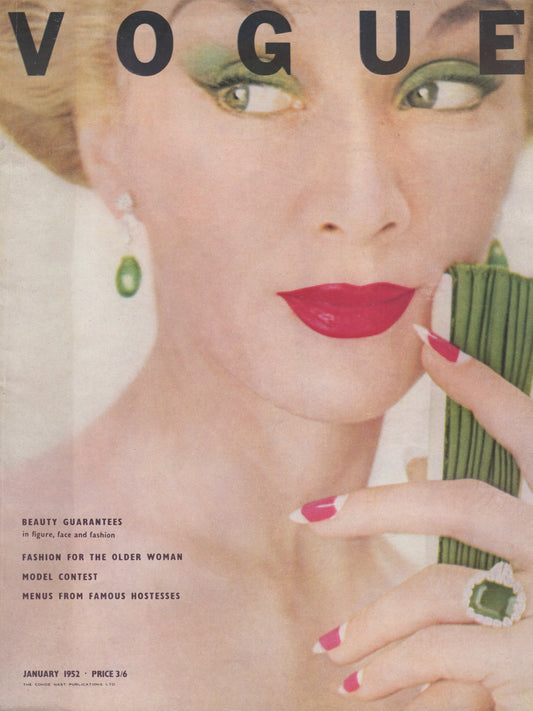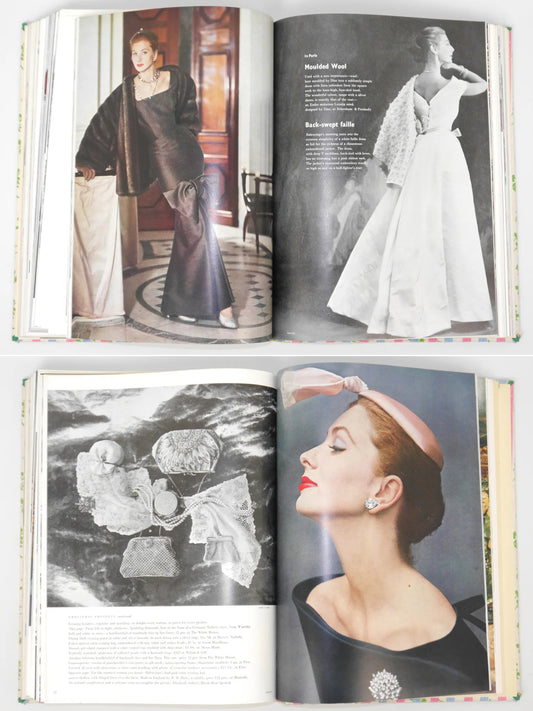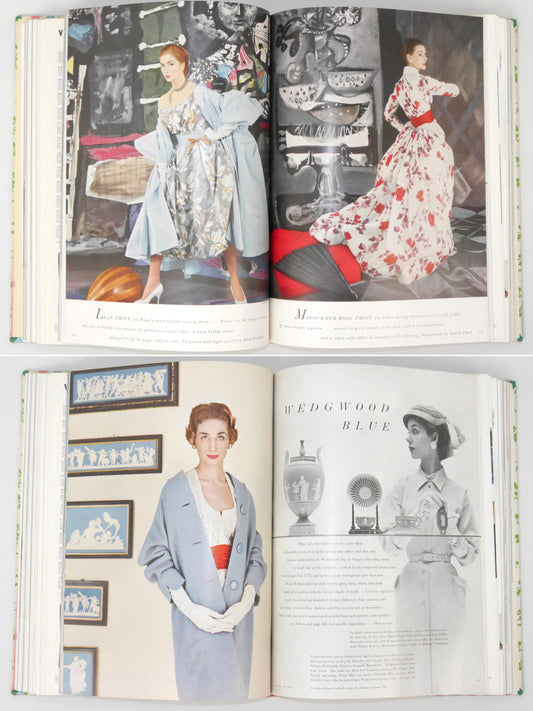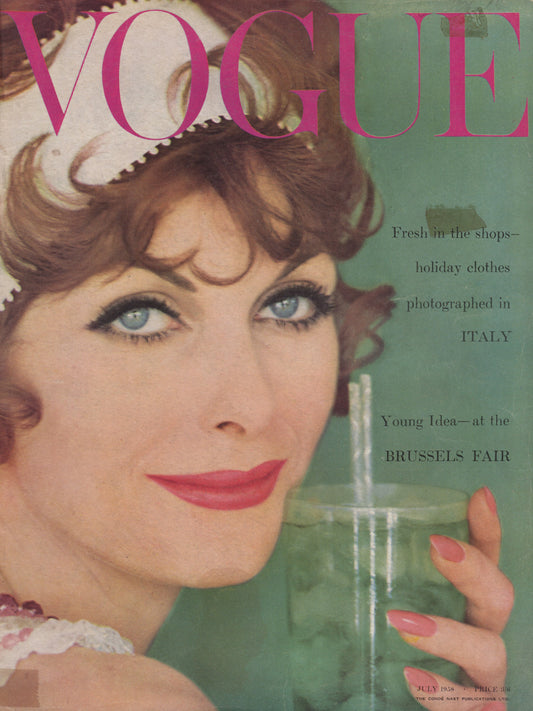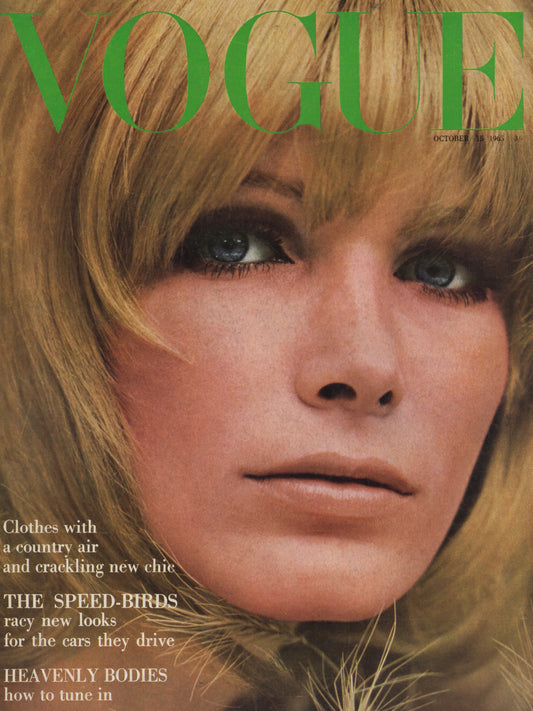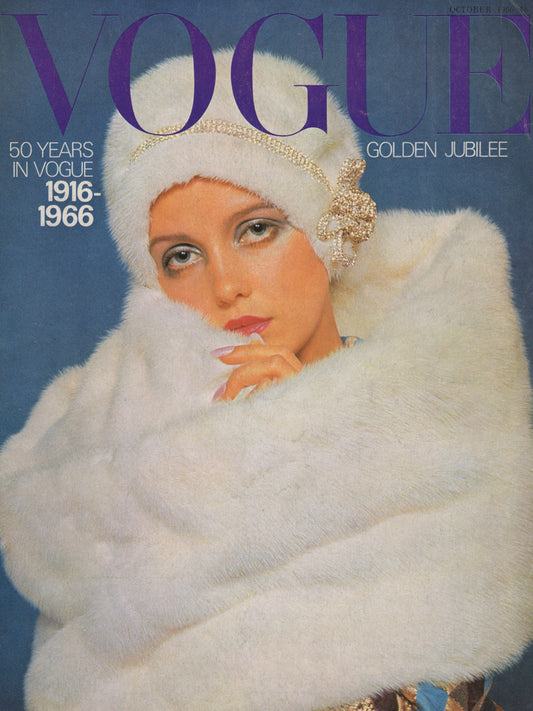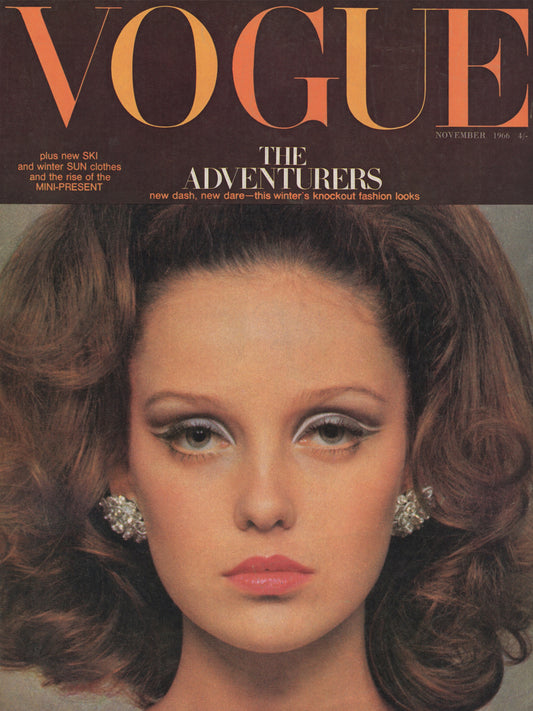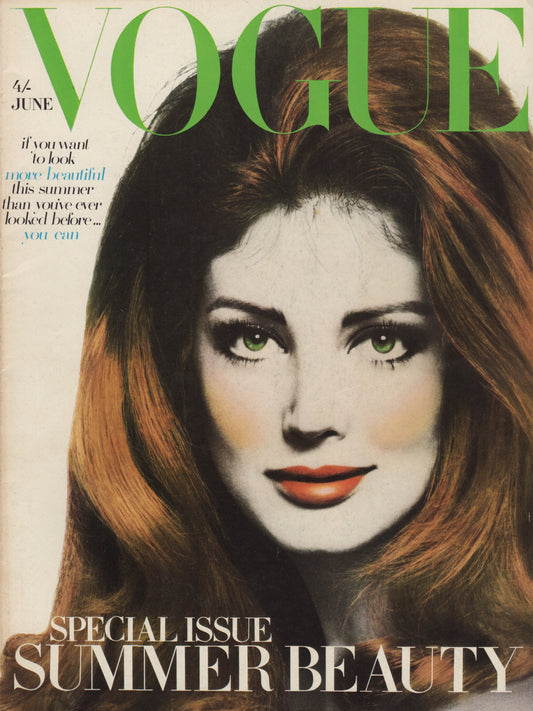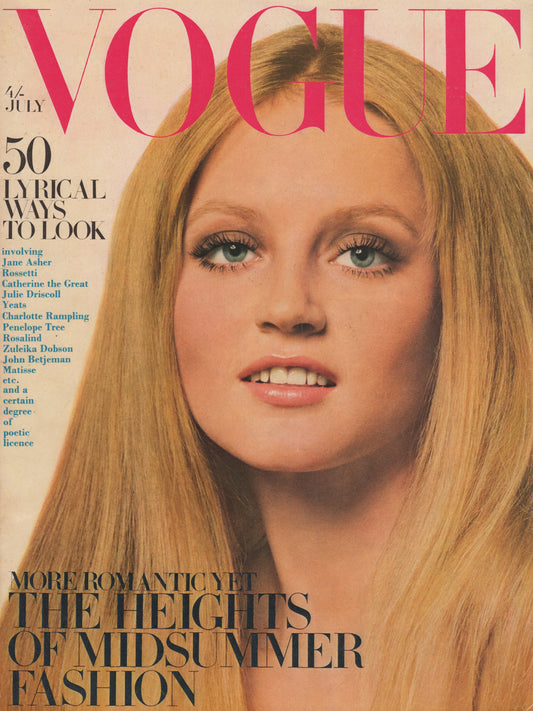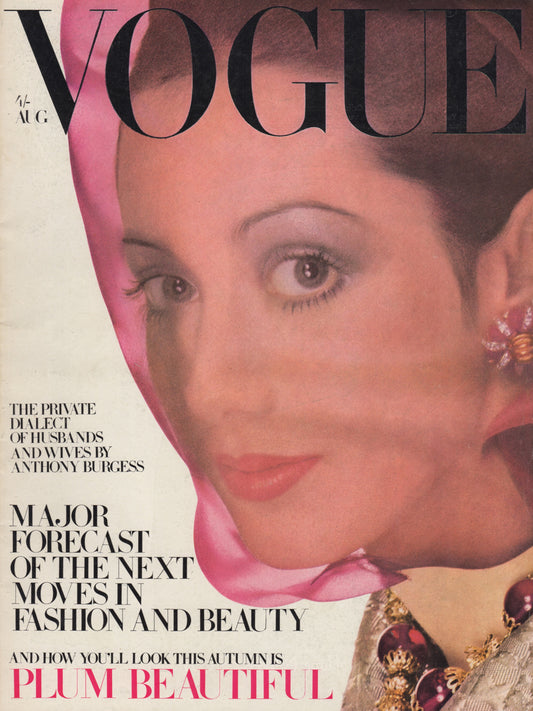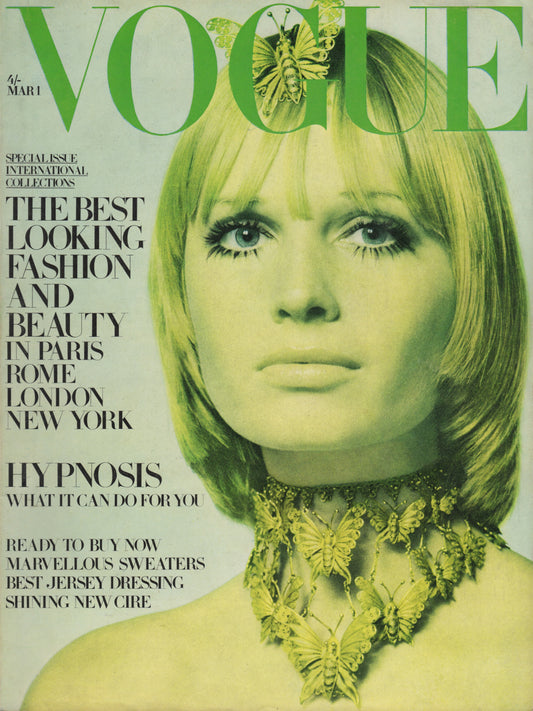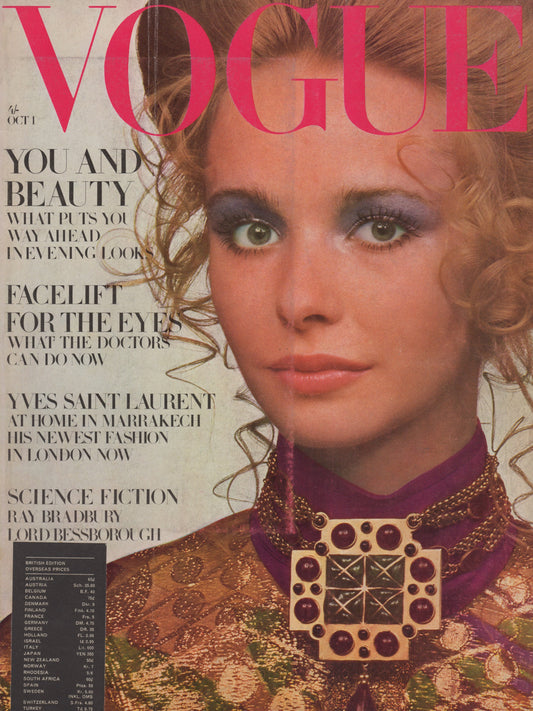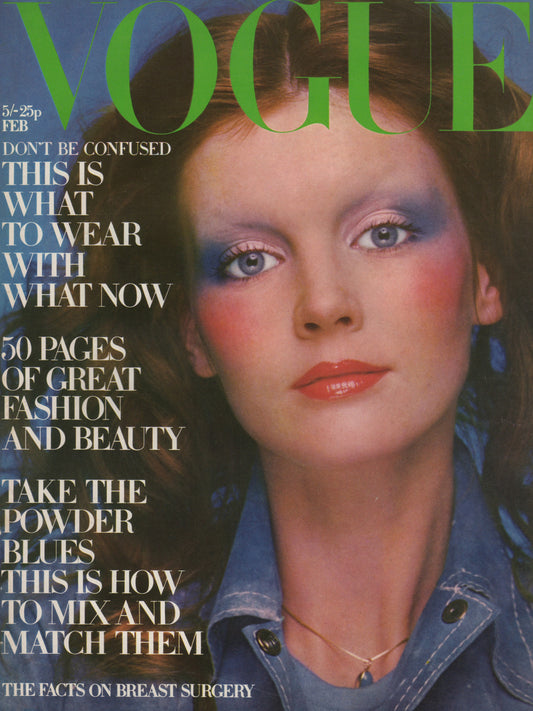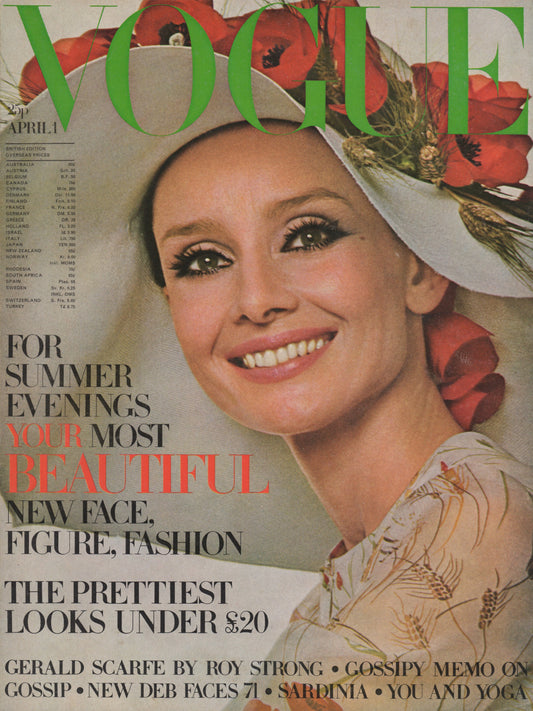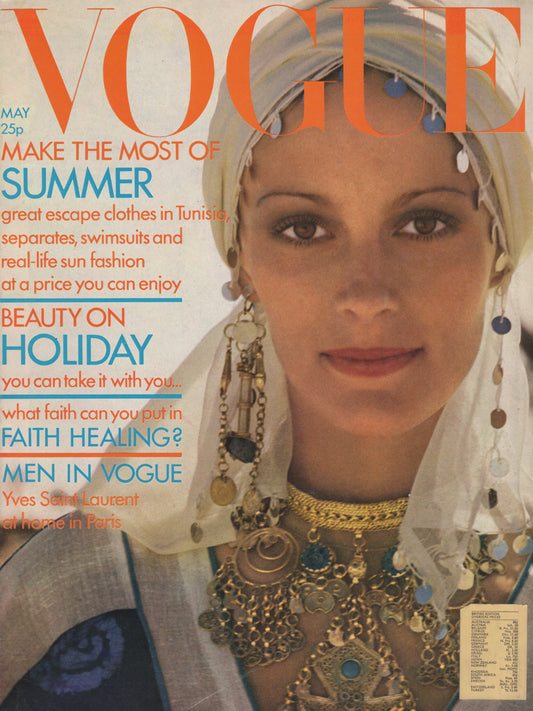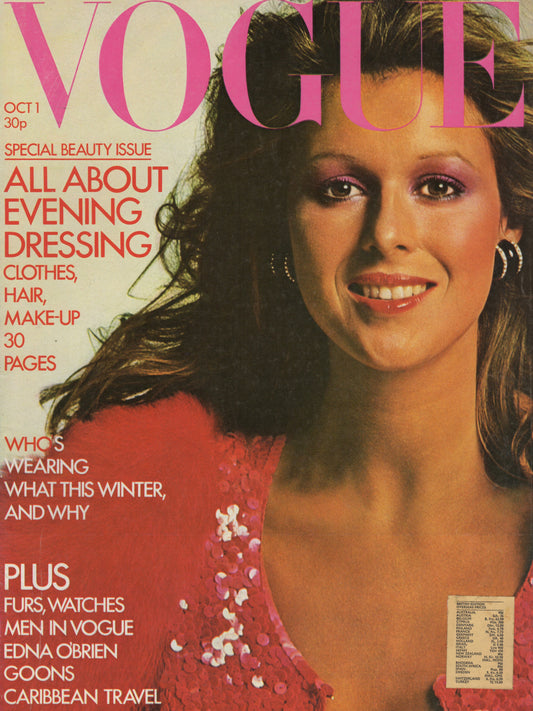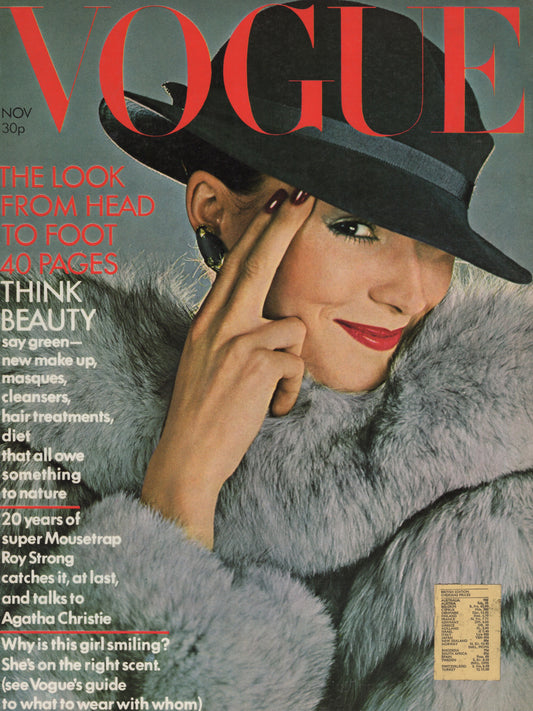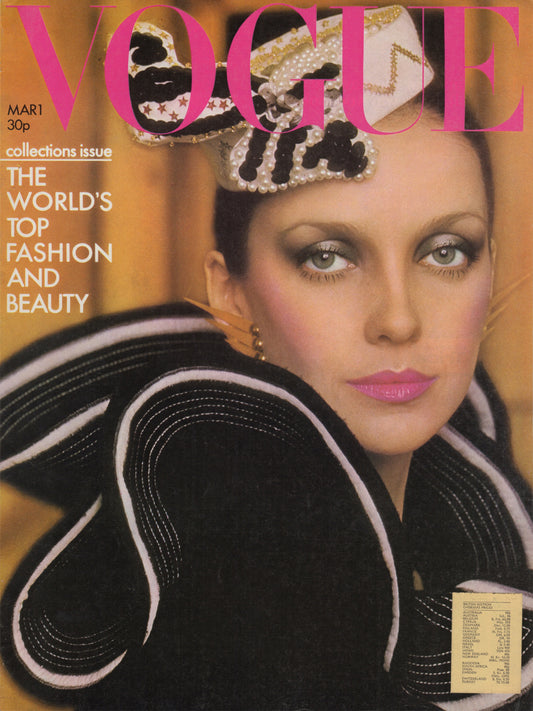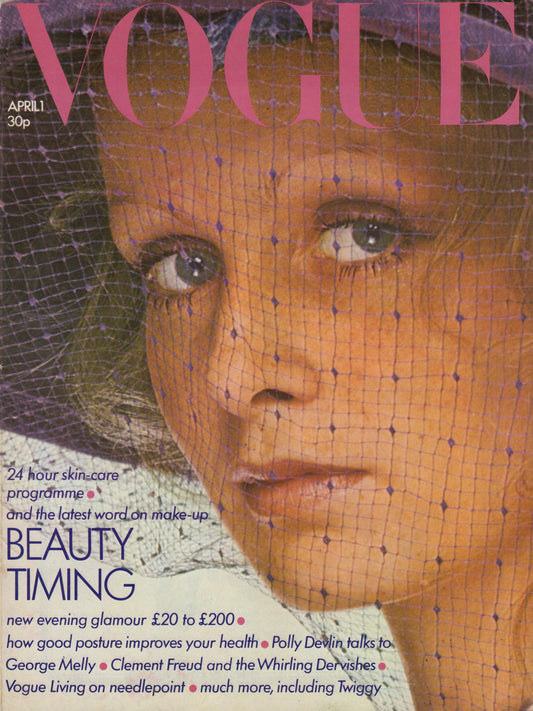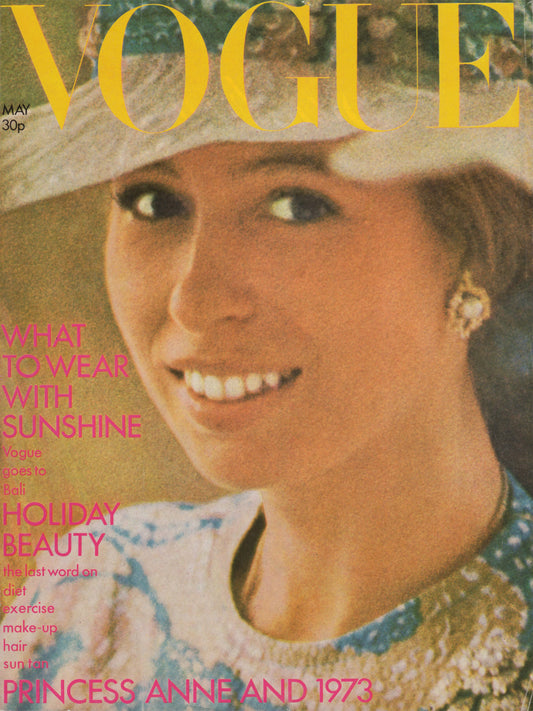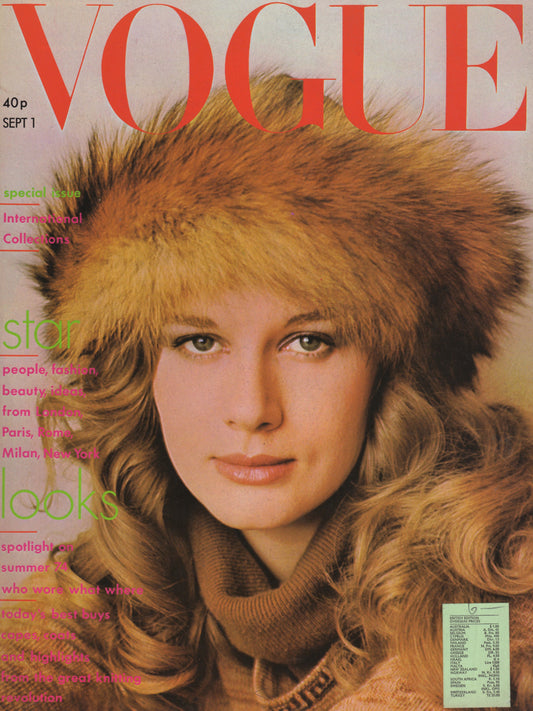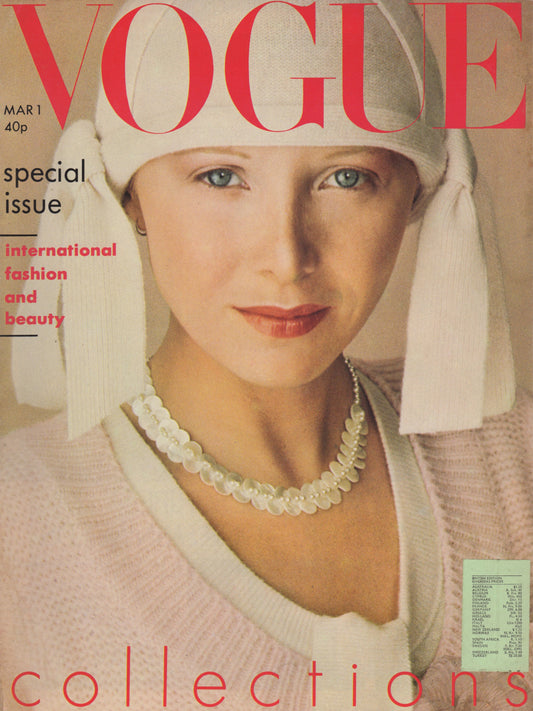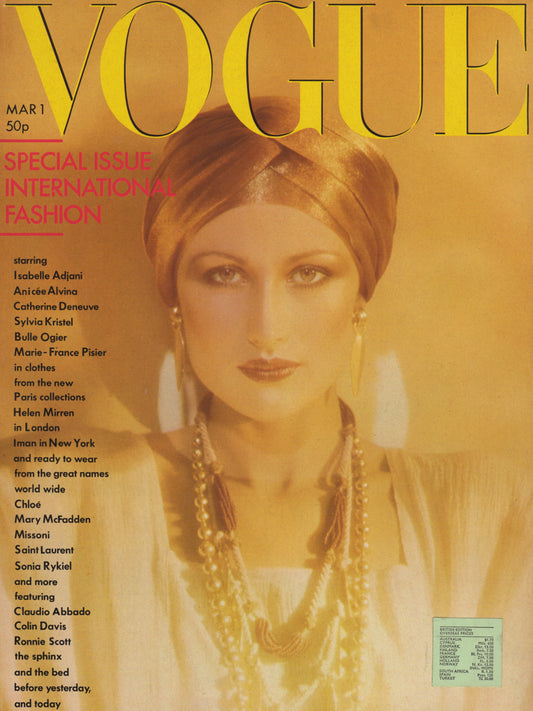Explore Our Collection of Rare Vintage Fashion Magazines
We specialize in rare vintage fashion magazines, offering a curated selection of the most renowned international publications. Our collection includes iconic titles like Vogue US, Vogue UK, Vogue Paris/France, Vogue Italia, Vogue Germany, Elegante Welt Germany, Madame Germany, Harper's Bazaar US, Harper's Bazaar UK, L'Officiel Paris, L'Art et La Mode France, Elle Topmodel, Linea Italiana, and many more. Our archives span decades—from the late 1940s through the 1950s, 1960s, 1970s, 1980s, 1990s, and into the early 2000s. Whether you're a collector, a fashion enthusiast, or a creative professional seeking inspiration, our timeless magazines offer an unparalleled glimpse into the evolution of fashion and culture. Explore the legacy of design, photography, and style with our carefully preserved editions. For the very most part, we have just one copy of each issue, making them as unique as the stories they tell. These rare issues are becoming increasingly harder to find, so we advise you to secure your purchase before it’s gone.
Style, Inspiration, and Timeless Beauty for Your Personal Collection
Discover vintage fashion magazines to enjoy personally, build your collection, or take a stylish journey through time. Let yourself be carried away by breathtaking imagery, iconic supermodels, and the brilliance of fashion's greatest creators. Delve into the unique vibe of each decade, where inspiration meets timeless elegance. Whether for personal inspiration or as a chic addition to your interior or coffee table, these magazines bring beauty and sophistication to any space. Explore the art, style, and stories that continue to captivate—and make them your own.
The Perfect Gift: Vintage Fashion Magazines for Every Special Moment
Looking for a truly unique and thoughtful gift? Vintage fashion magazines are perfect for every occasion. Celebrate a birthday with a magazine from the year or month someone was born—an unforgettable way to mark the passage of time in style. Honor anniversaries, spread holiday cheer at Christmas, or surprise a gracious host with a lovely, extra-special hostess gift. Each magazine carries a story, a sense of history, and a timeless elegance that makes it a cherished keepsake. Give the gift of inspiration, beauty, and nostalgia—because some gifts are simply unforgettable.
Vintage Fashion Magazines: Essential Resources for the Creative Industries
Vintage fashion magazines are essential resources for various sectors within the creative industries, providing rich material for research, inspiration, and archival purposes. Fashion journalists and historians rely on these magazines for in-depth insights and historical context. Fashion brands add them to their in-house archives to capture the evolution of their designs, while museums enhance their collections with these historical publications, preserving key moments in fashion history. We also work closely with interior designers, curating specialized libraries for residential, retail, and hospitality projects. Vintage fashion magazines are more than just a look into the past—they are an essential tool for shaping the present and future of design, research, and creativity. Leverage the power of vintage fashion magazines to enrich creative projects, enhance research, and build valuable collections.
Explore the Legacy of Iconic Editors and Stylists
Discover the work of fashion's most iconic editors and stylists, whose influence continues to shape the industry today. Legendary figures like Carmel Snow, Diana Vreeland, Anna Wintour, and Franca Sozzani left an indelible mark on their magazines, each bringing their own distinctive taste and visual language to the pages. These unforgettable editors were often paired with visionary stylists like Grace Coddington and Carlyne Cerf de Dudzeele, whose collaborations produced some of the most memorable editorials in fashion history. Their combined creativity transformed the way we view fashion, turning each issue into a work of art.
Trace the Evolution of Global Fashion Through Iconic Designers and Eras
Trace the history of international fashion and the groundbreaking work of the most iconic designers through the decades. Our vintage fashion magazines offer invaluable insights into the evolution of design, showcasing the brilliant minds that defined each era. Take a journey through the French couture houses of the 1950s, with legends like Christian Dior, Lanvin, Pierre Balmain, Balenciaga, and Nina Ricci, followed by the successors of the 1960s, such as Yves Saint Laurent and Guy Laroche. The Space Age brought forward visionary designers like Pierre Cardin, André Courrèges, and Paco Rabanne, while the late 1970s ushered in bold and rebellious talents like Claude Montana, Jean Paul Gaultier, and Thierry Mugler. In the 1980s, Japanese avant-garde designers like Rei Kawakubo (Comme des Garçons), Issey Miyake, and Yohji Yamamoto made their mark on the Parisian fashion scene, alongside the maximalist creations of Christian Lacroix and Emanuel Ungaro. Italian fashion has long held a prominent place on the international stage and in the pages of glossy fashion magazines—from the early creations of Emilio Pucci, Roberto Capucci, and Emilio Schuberth, to the rise of Gianni Versace, Giorgio Armani, and Roberto Cavalli, as well as the global expansion of brands like Gucci and Prada. American fashion has always had its place in Vogue US, featuring influential designers such as Oscar de la Renta, Donald Brooks, Bill Blass, Geoffrey Beene, James Galanos, Halston, and the glamour of Bob Mackie. In the UK, the Swinging 1960s and dreamy 1970s saw the rise of designers like Ossie Clark, Thea Porter, and Bill Gibb. Vivienne Westwood was the pioneering fashion force behind the Punk movement in the 1970s. By the 1990s, the rebellious spirit of British fashion was cemented by John Galliano and Alexander McQueen, who took Paris by storm as head designers of Givenchy and Dior. Our collection of vintage magazines offers a unique opportunity to explore the artistry and vision of these designers and their lasting impact on the fashion world.
The Supermodels and Style Icons Who Defined Fashion Through the Decades
What would fashion be without the beauty and impact of supermodels? Our collection offers original shots of the most iconic faces of their time, captured in the glossy pages of fashion magazines. From the elegant poise of Jean Patchett, Dovima, and Lisa Fonssagrives in the 1950s, to the strikingly expressive 1960s beauties like Veruschka, Twiggy, Jean Shrimpton, Marisa Berenson, Lauren Hutton, and Penelope Tree—these models defined their eras. The 1970s brought forth glamorous icons like Pat Cleveland, Jerry Hall, and Gia Carangi, while the 1990s introduced a generation of top models whose first names say it all: Claudia, Naomi, Cindy, Linda, Christy, Helena, Yasmeen, and Kate. These supermodels became the face of an era, defining beauty and influencing fashion in ways that resonate even today. Alongside these supermodels, trace the evolution of society figures and style icons who continue to set the standard for elegance and taste. Icons such as Audrey Hepburn, Catherine Deneuve, Babe Paley, Gloria Vanderbilt, Jacqueline Kennedy Onassis and her sister Lee Radziwill, Jane Birkin, and Françoise Hardy remain as enduring symbols of timeless style. Explore these legendary figures and their lasting influence on fashion, culture, and beauty through our curated collection of vintage fashion magazines.
The Legends Behind the Lens: Iconic Fashion Photography Through the Decades
No fashion magazine would be complete without the captivating power of iconic photography. Discover the work of the world’s most renowned photographers whose careers and collaborations with fashion magazines have spanned decades, shaping the visual language of fashion itself. Among the most celebrated names are Richard Avedon, Irving Penn, Horst P. Horst, Norman Parkinson, Henry Clarke, William Klein, David Bailey, Bert Stern, Helmut Newton, Guy Bourdin, Albert Watson, Arthur Elgort, Patrick Demarchelier, Steven Meisel, and Peter Lindbergh—just to name a few. These photographers captured some of the most defining images in fashion history. Our vintage fashion magazines offer original shots from the height of their careers—images that are now shared across social media for inspiration and whose original editions often fetch substantial sums at auctions. Step into the world of fashion photography as it was in the moment, and experience the timeless power of these iconic works.
A Handpicked Selection: Vintage Fashion Magazines of Exceptional Quality
We take pride in offering a handpicked selection of vintage fashion magazines in exceptional condition. Each magazine is carefully vetted to ensure it meets our high standards, with no major flaws such as significant general wear, loose or missing pages, or prominent folds and dog-ears, unless explicitly noted. We are committed to offering only magazines that would be a joy to add to any personal collection or to gift to someone special. The condition of our magazines is what truly sets them apart in the marketplace, making them valuable treasures for collectors and enthusiasts alike. We also prioritize secure packaging, ensuring your purchase arrives in perfect condition. Every magazine is reinforced with backing boards and sealed in a bubble wrap bag within a rigid cardboard sleeve, complete with edge protection to safeguard against bends and moisture, so you can fully enjoy the timeless beauty and value of your purchase.
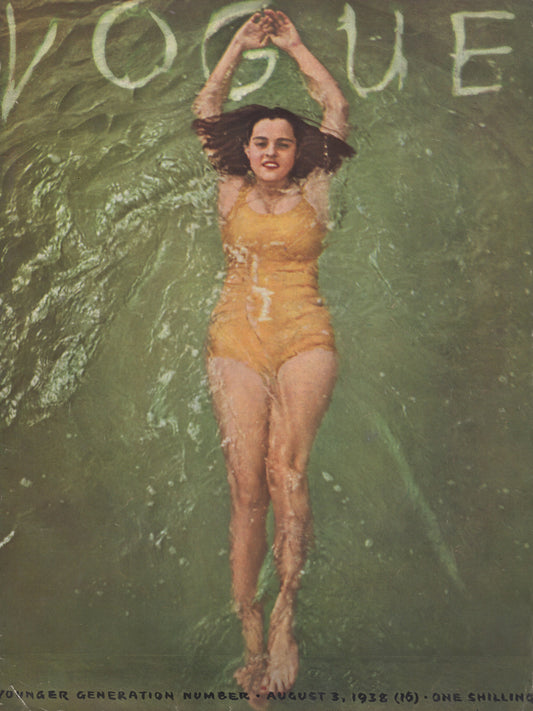 Sold out
Sold out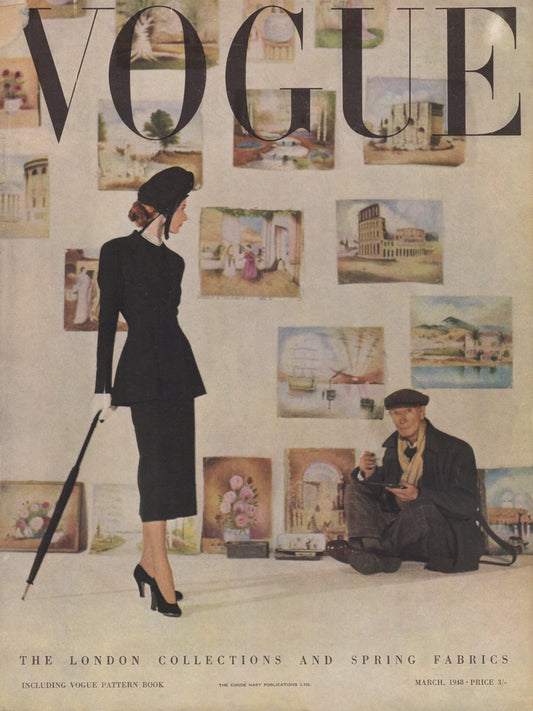 Sold out
Sold out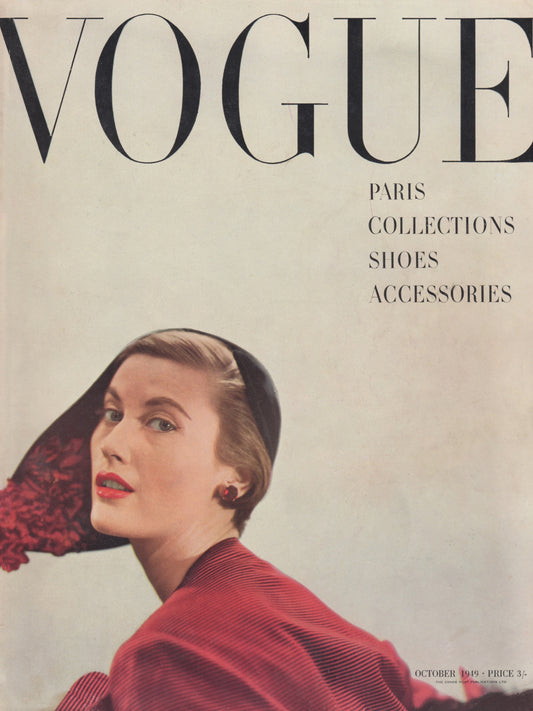 Sold out
Sold out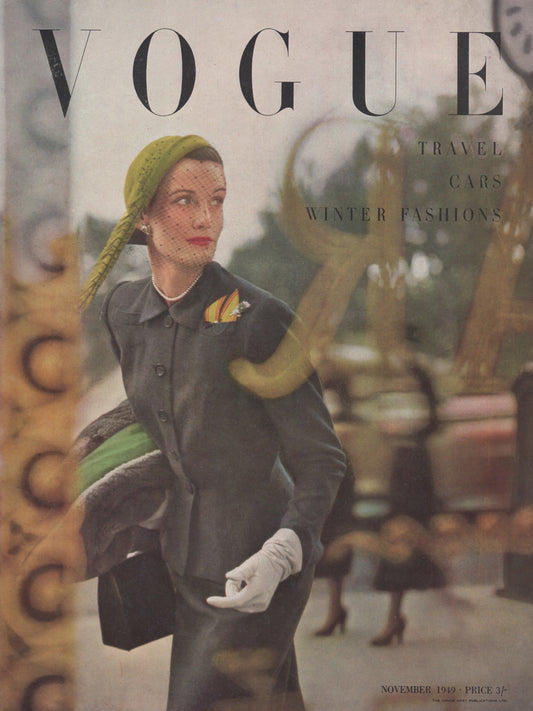 Sold out
Sold out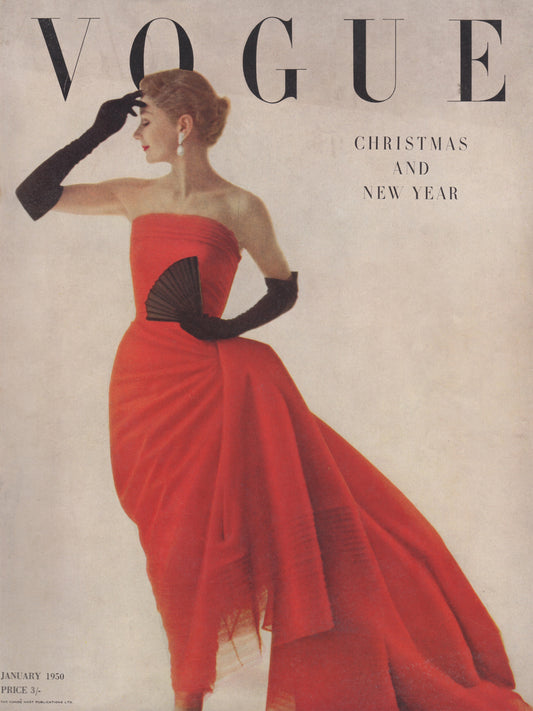 Sold out
Sold out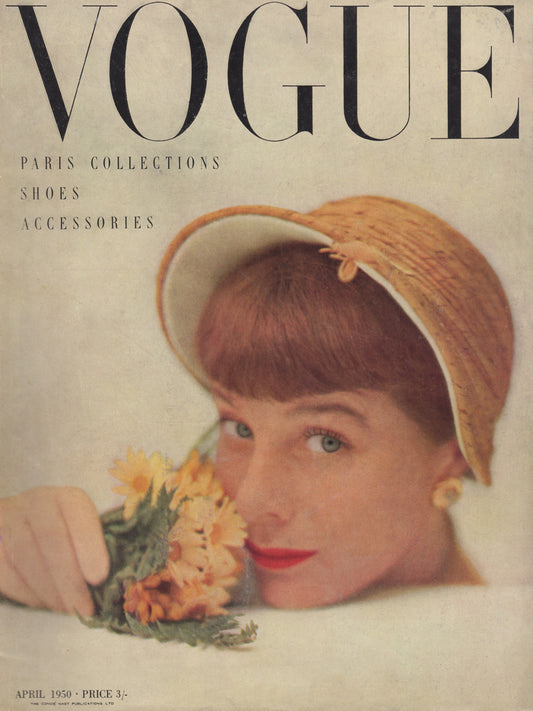 Sold out
Sold out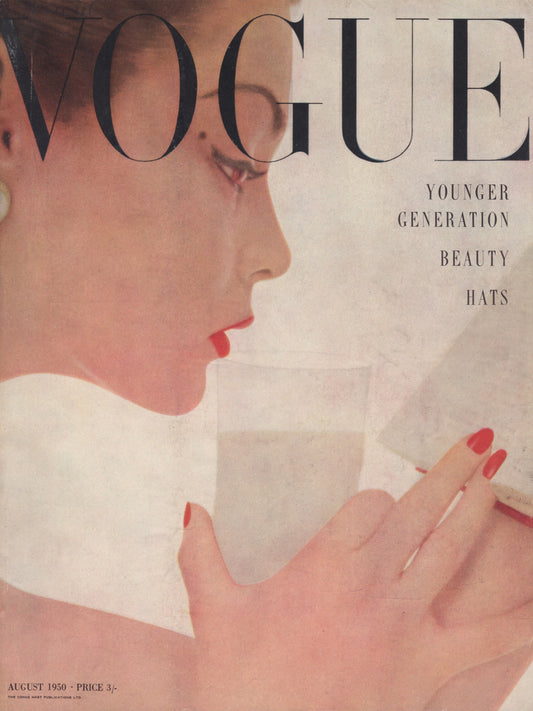 Sold out
Sold out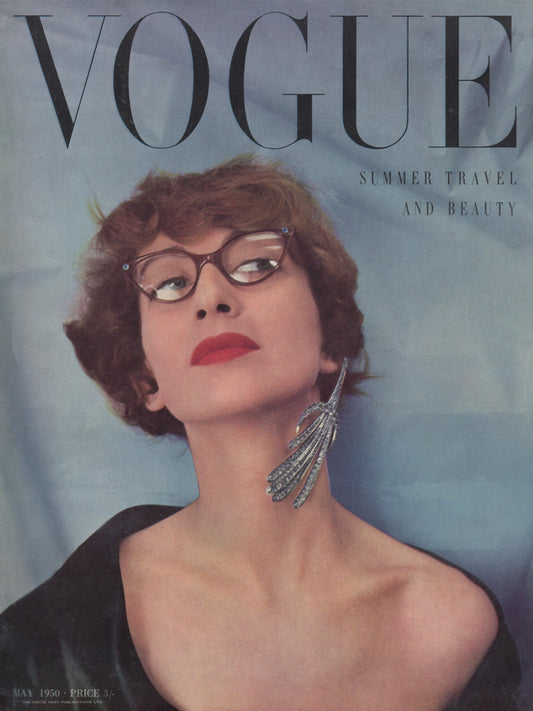 Sold out
Sold out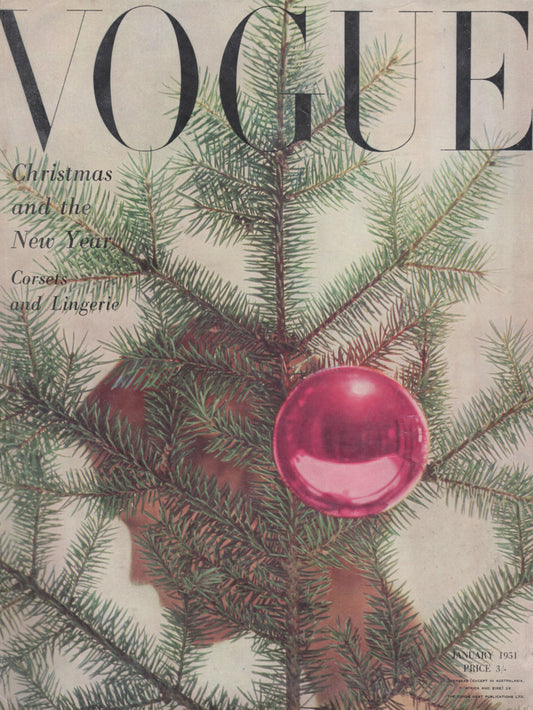 Sold out
Sold out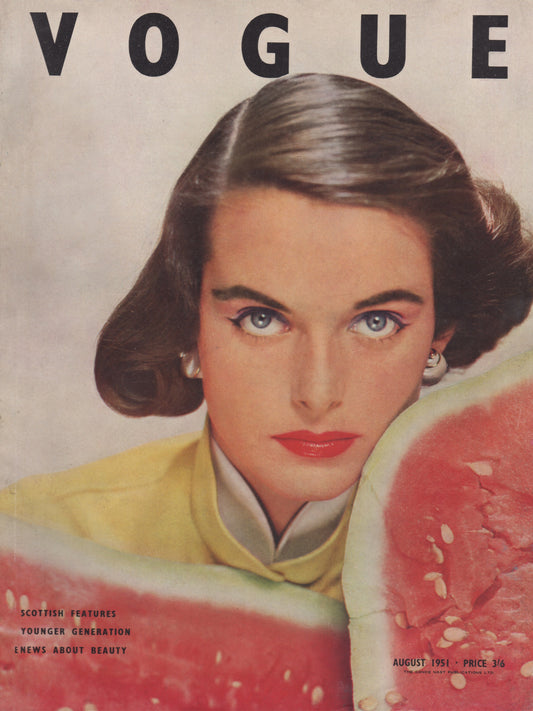 Sold out
Sold out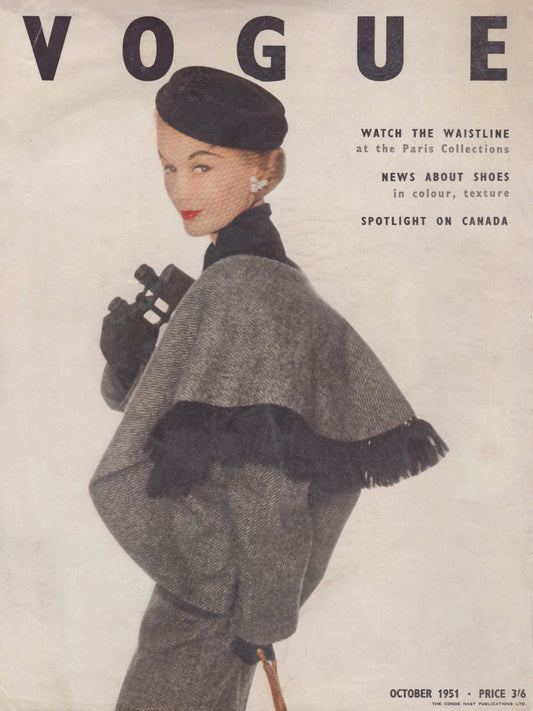 Sold out
Sold out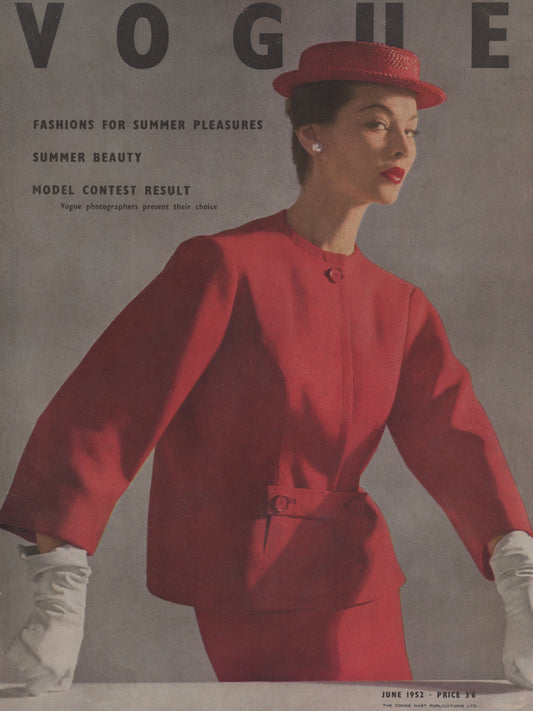 Sold out
Sold out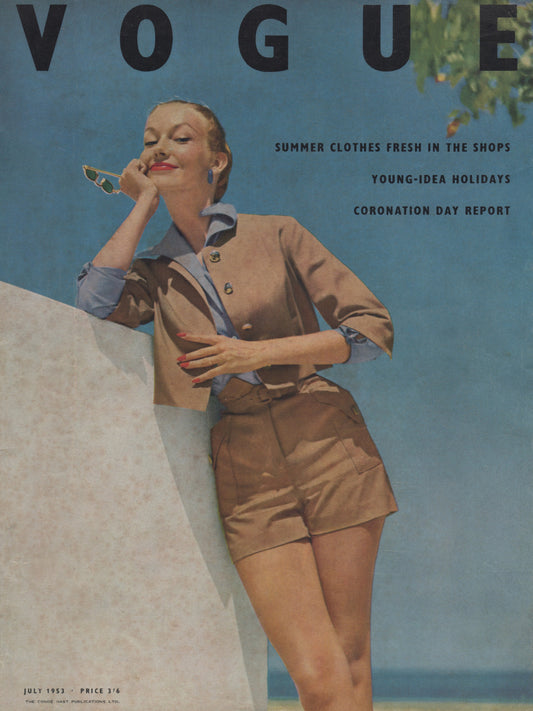 Sold out
Sold out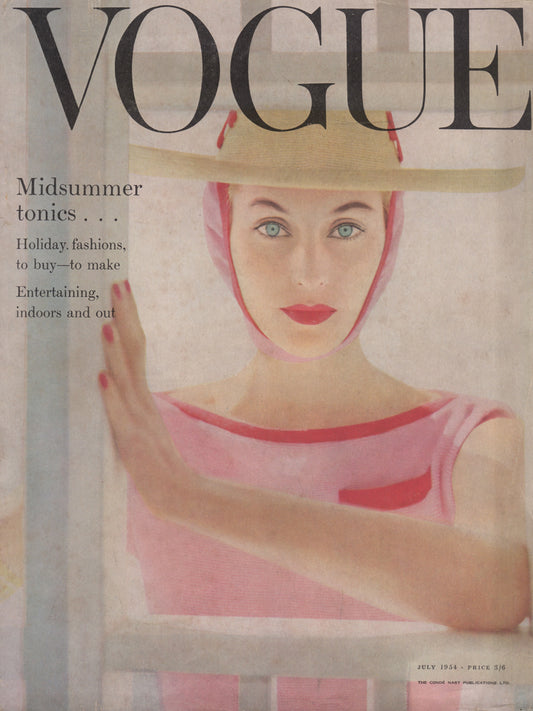 Sold out
Sold out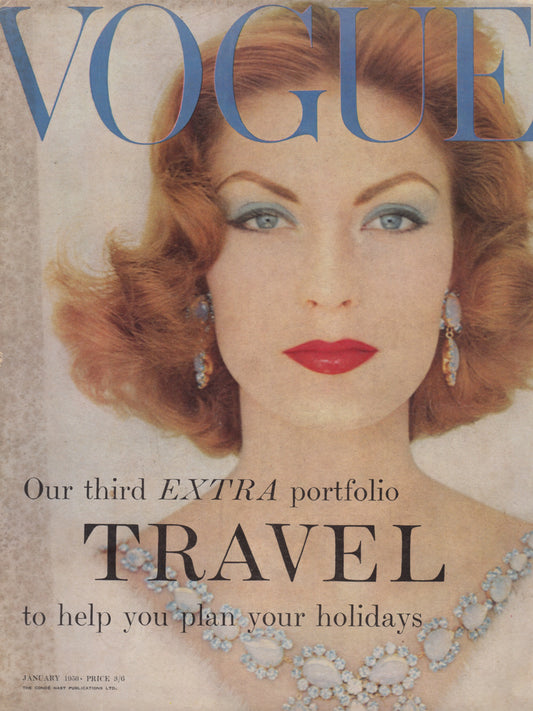 Sold out
Sold out Sold out
Sold out Sold out
Sold out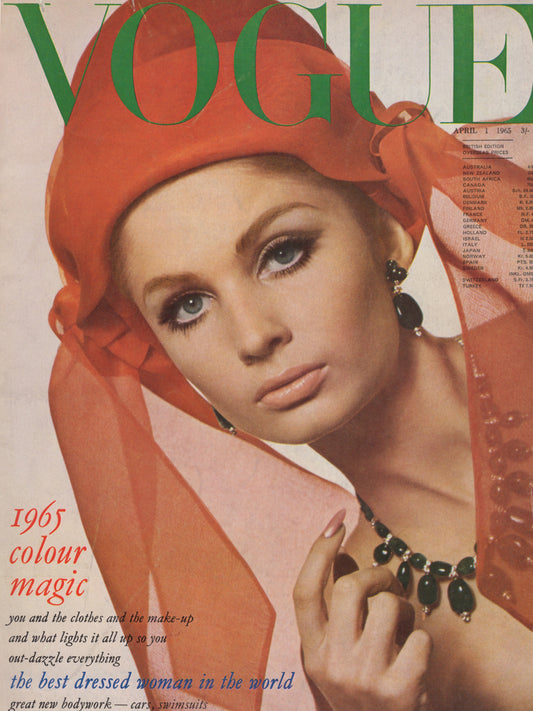 Sold out
Sold out Sold out
Sold out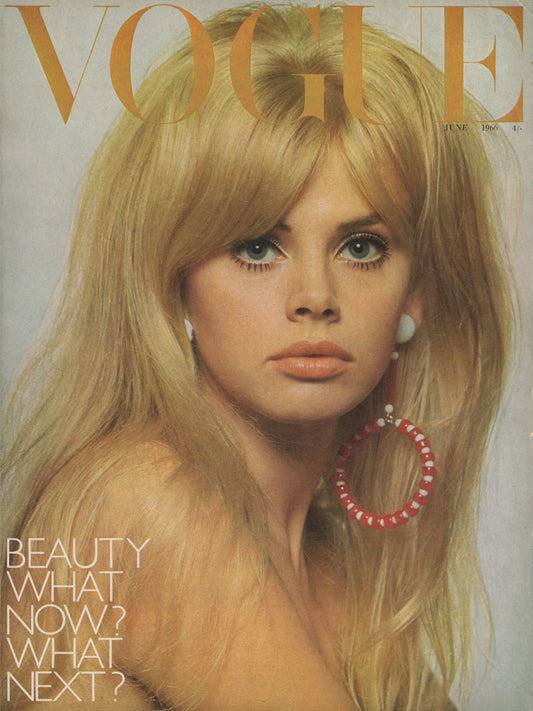 Sold out
Sold out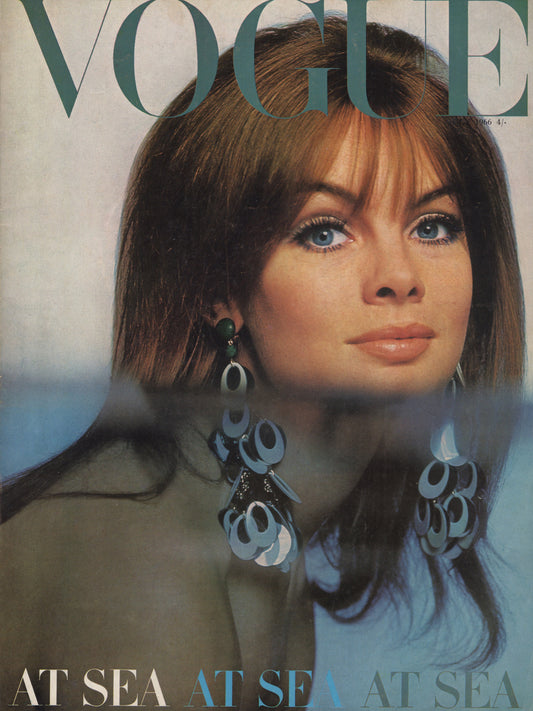 Sold out
Sold out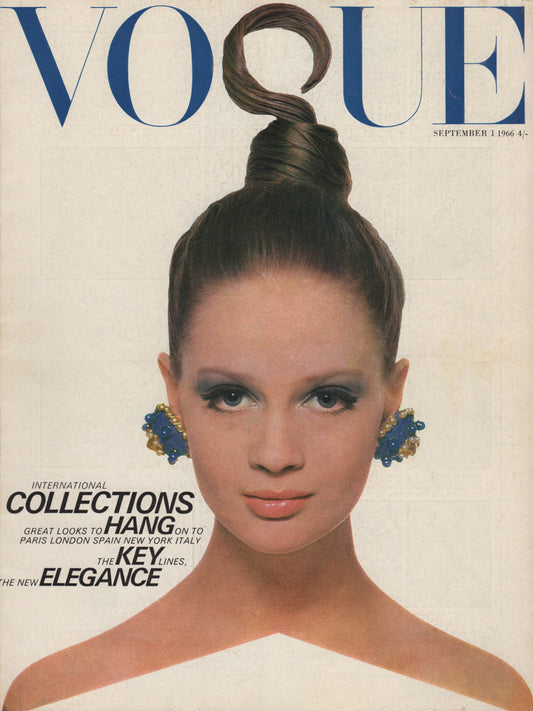 Sold out
Sold out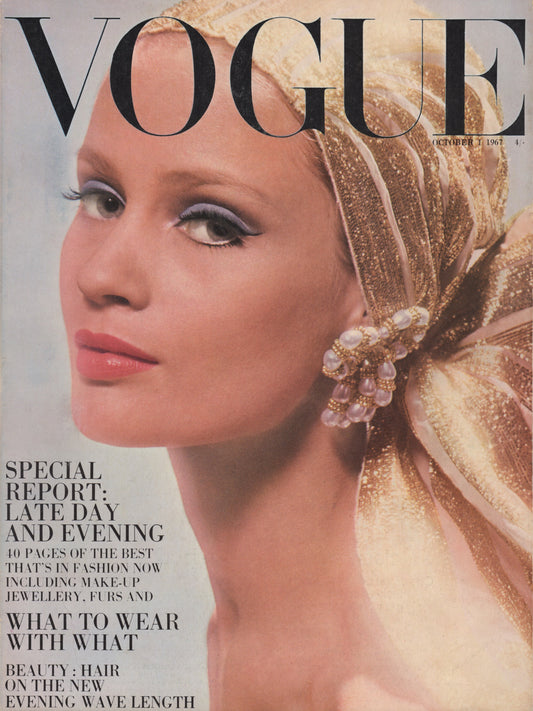 Sold out
Sold out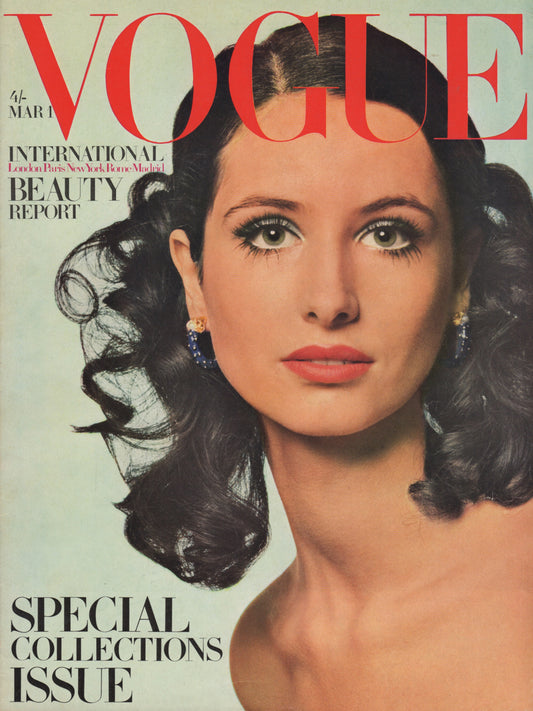 Sold out
Sold out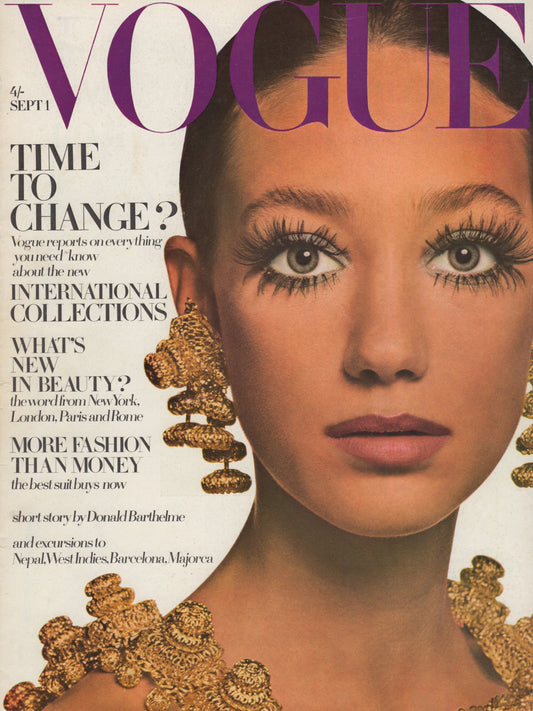 Sold out
Sold out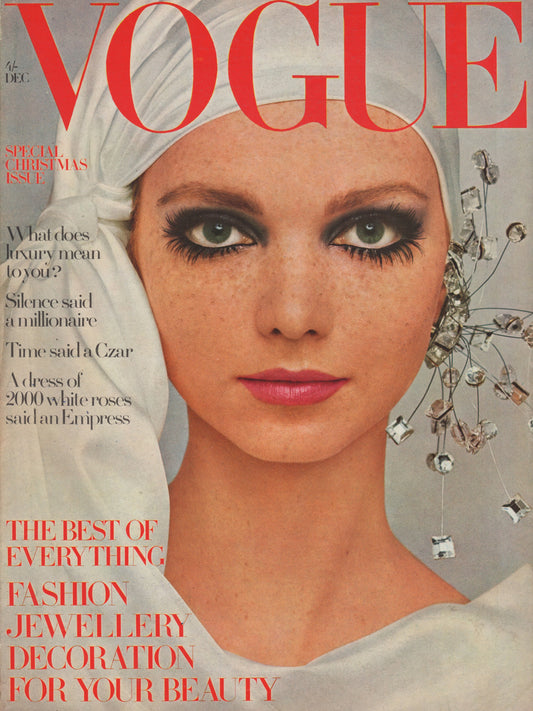 Sold out
Sold out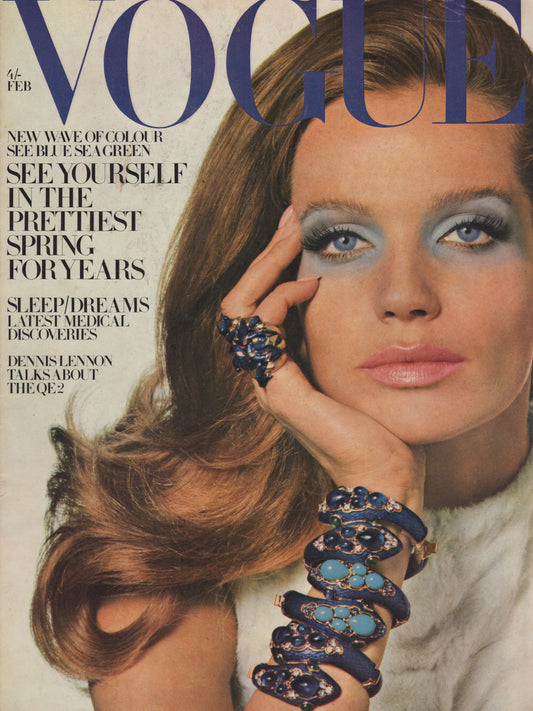 Sold out
Sold out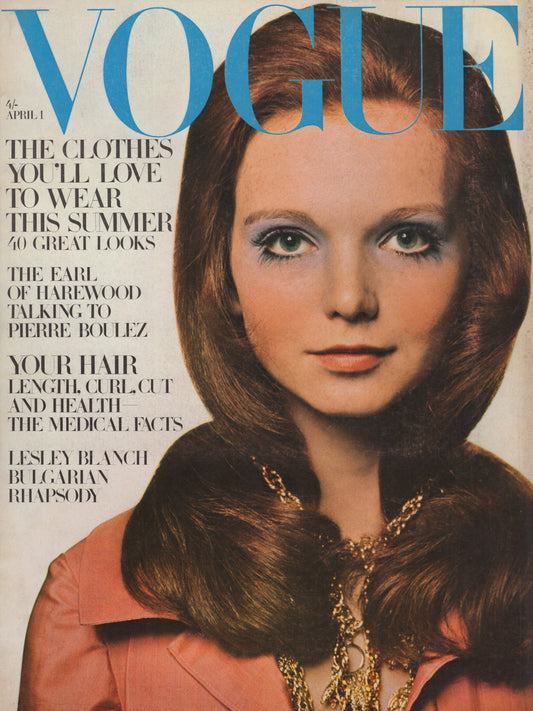 Sold out
Sold out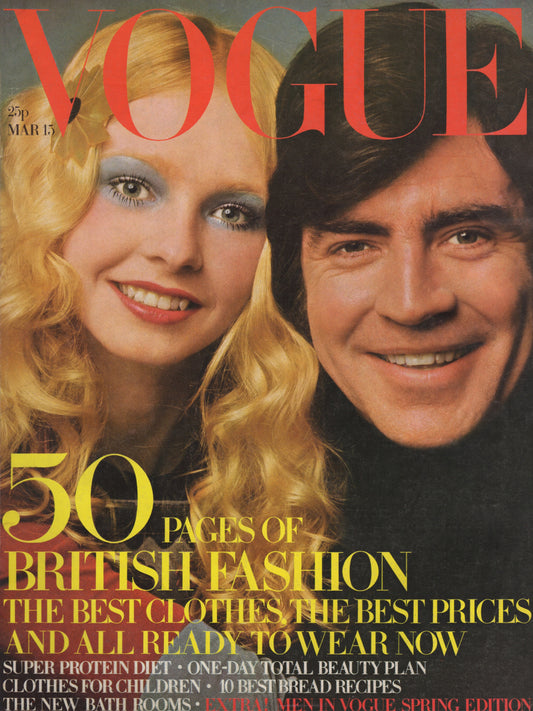 Sold out
Sold out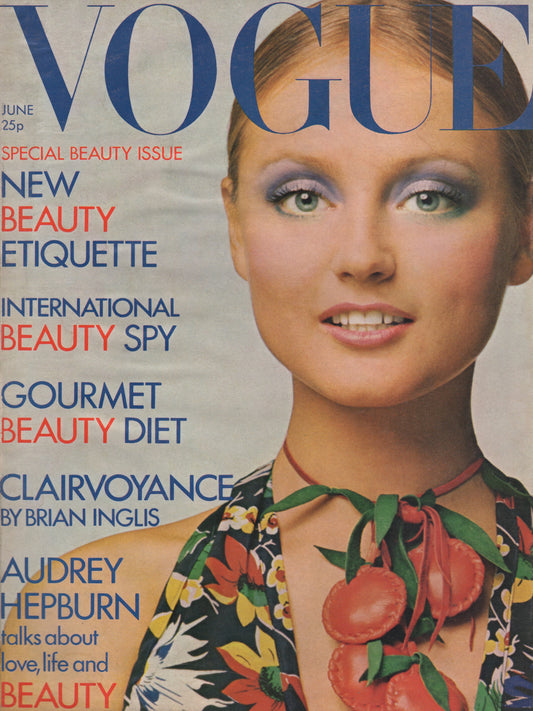 Sold out
Sold out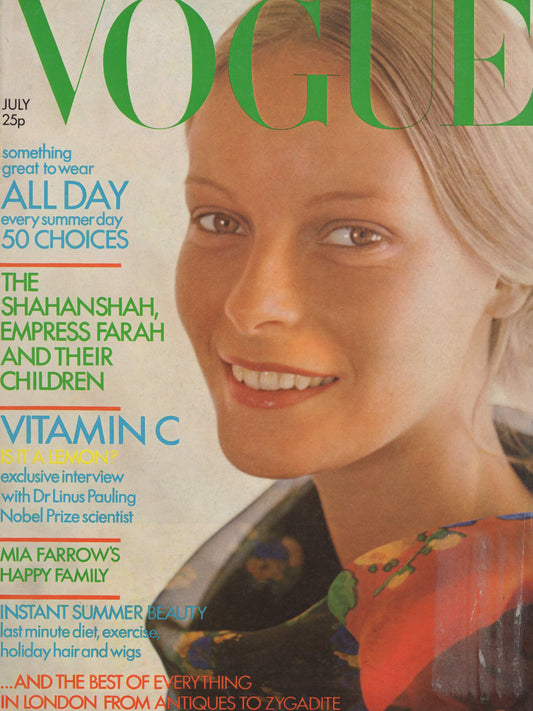 Sold out
Sold out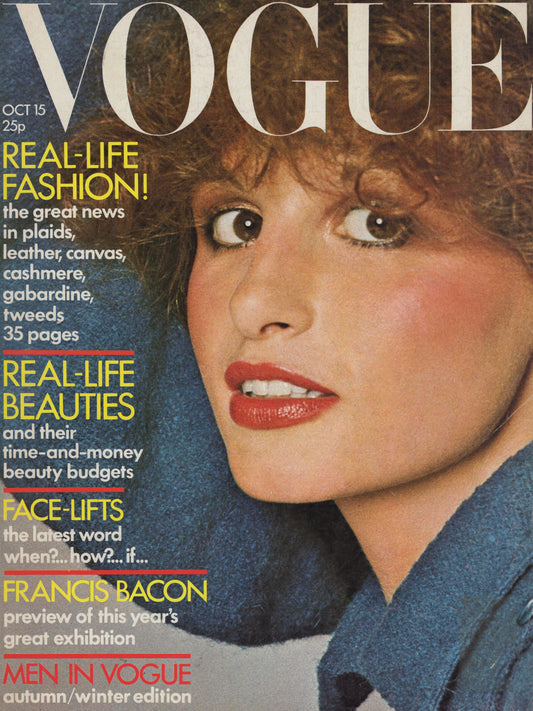 Sold out
Sold out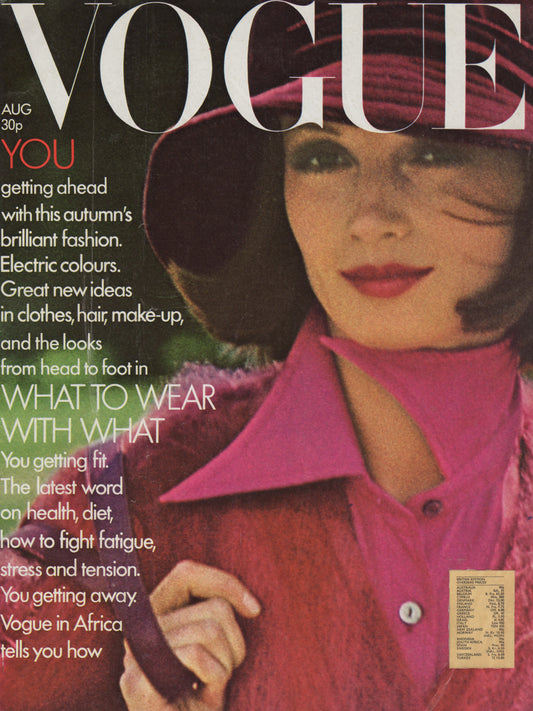 Sold out
Sold out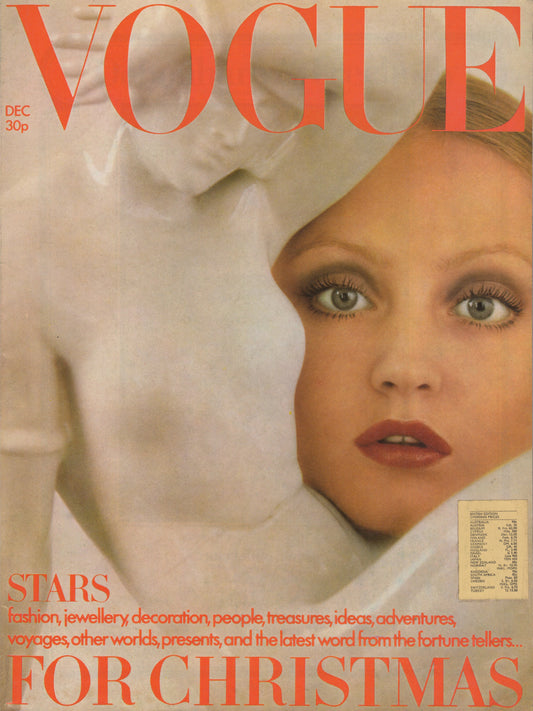 Sold out
Sold out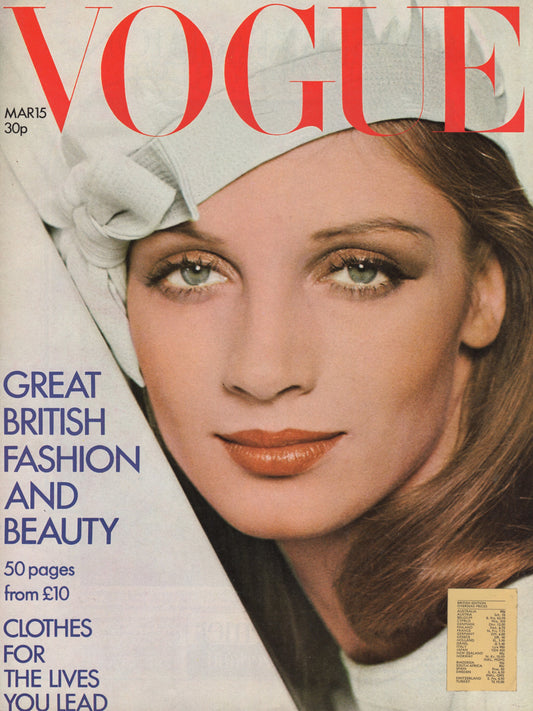 Sold out
Sold out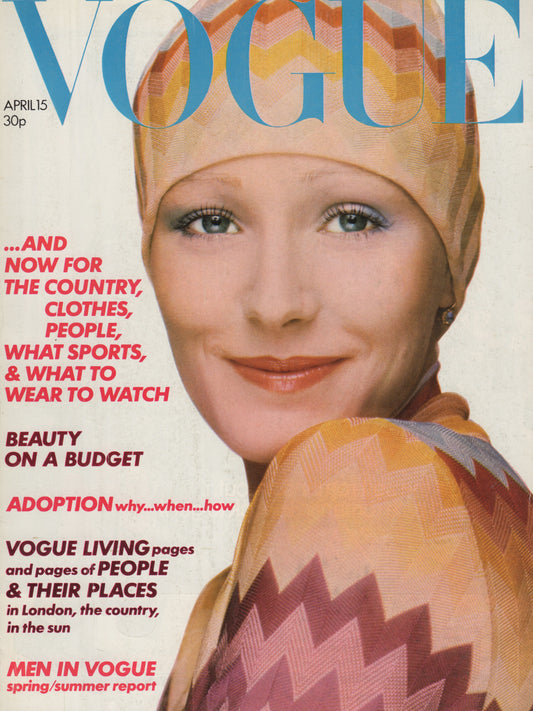 Sold out
Sold out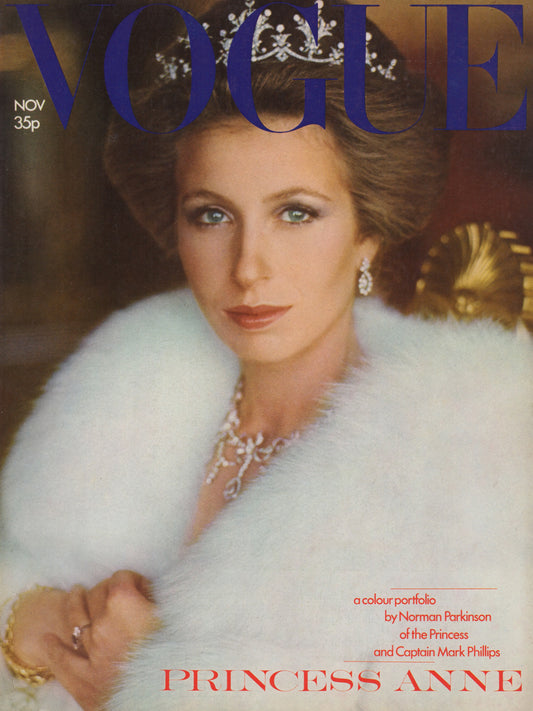 Sold out
Sold out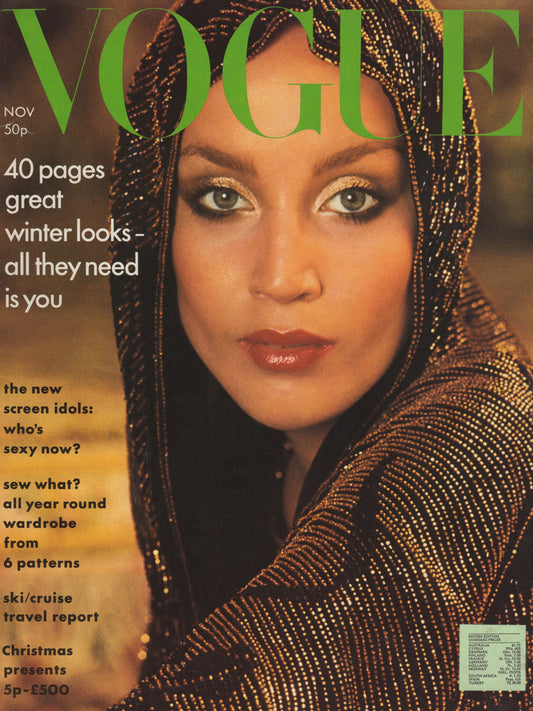 Sold out
Sold out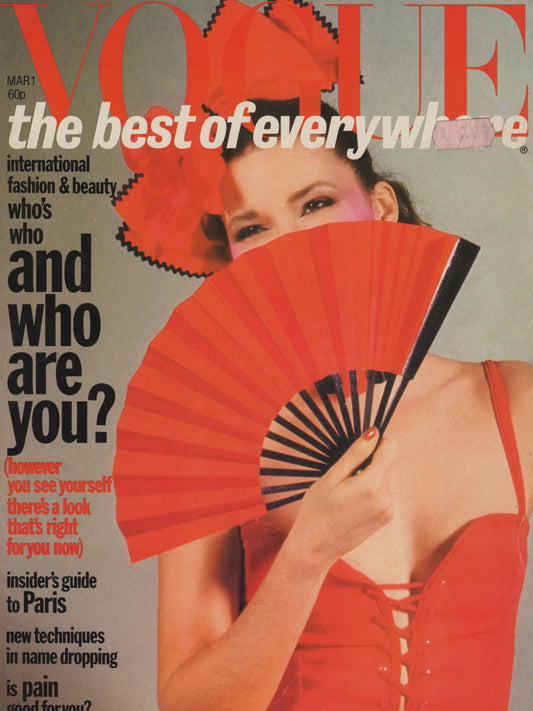 Sold out
Sold out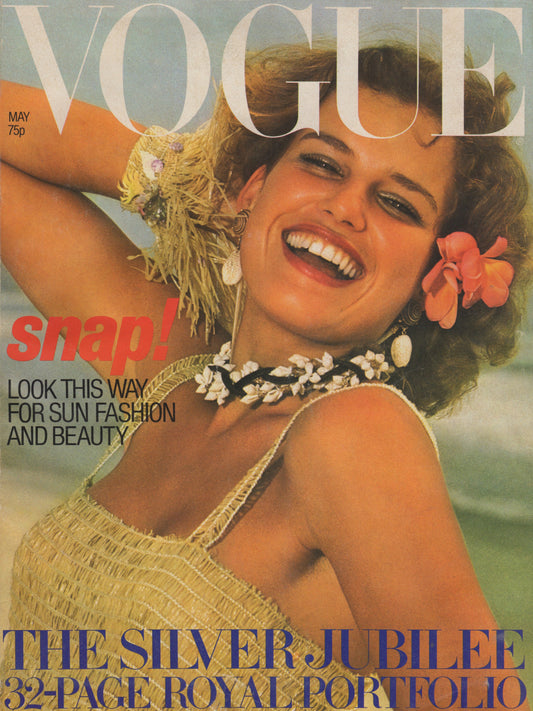 Sold out
Sold out Sold out
Sold out Sold out
Sold out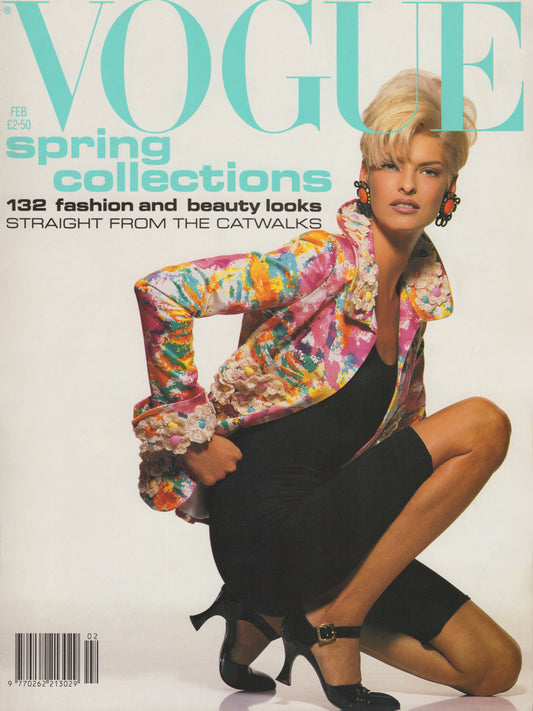 Sold out
Sold out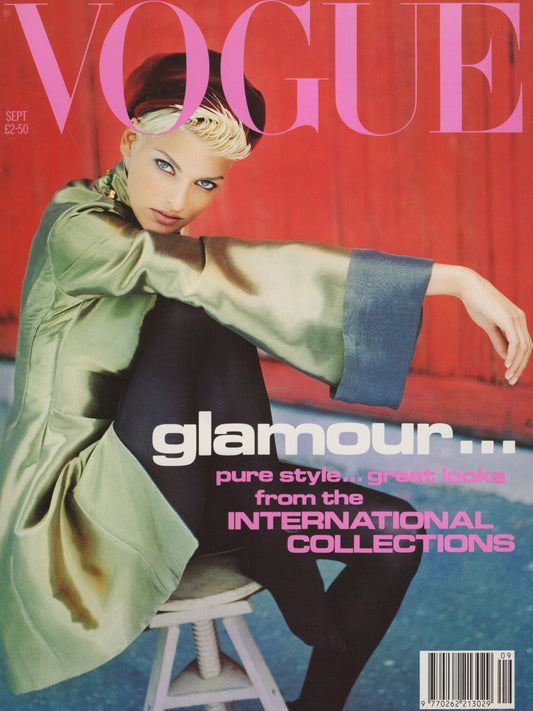 Sold out
Sold out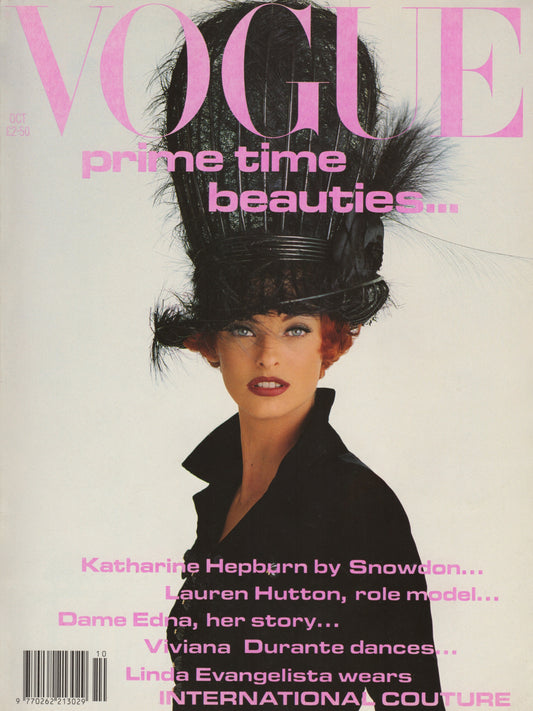 Sold out
Sold out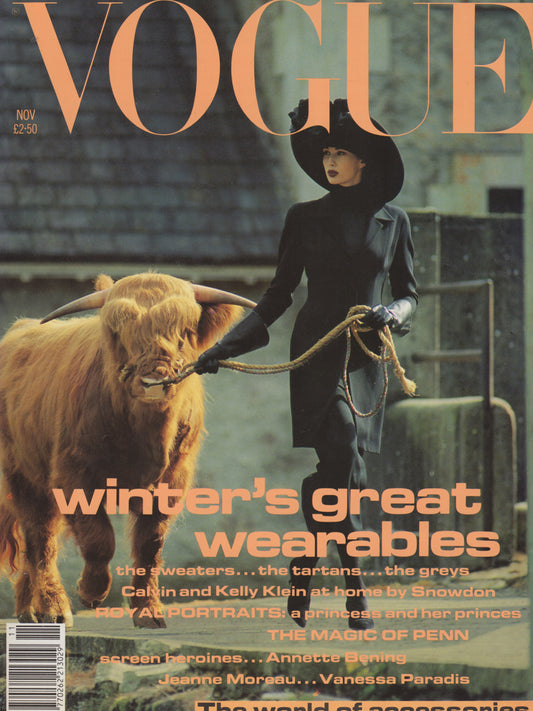 Sold out
Sold out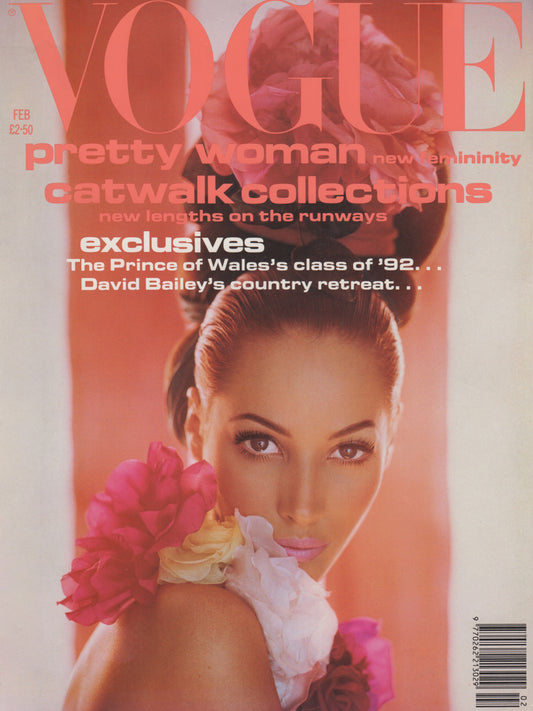 Sold out
Sold out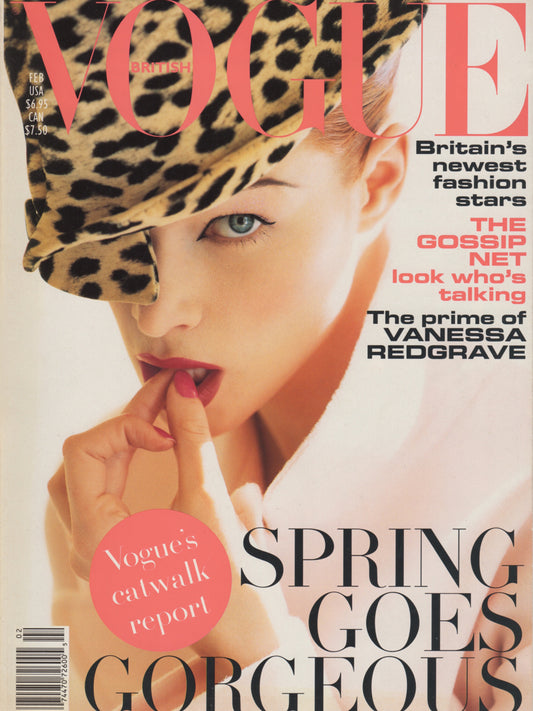 Sold out
Sold out Sold out
Sold out
